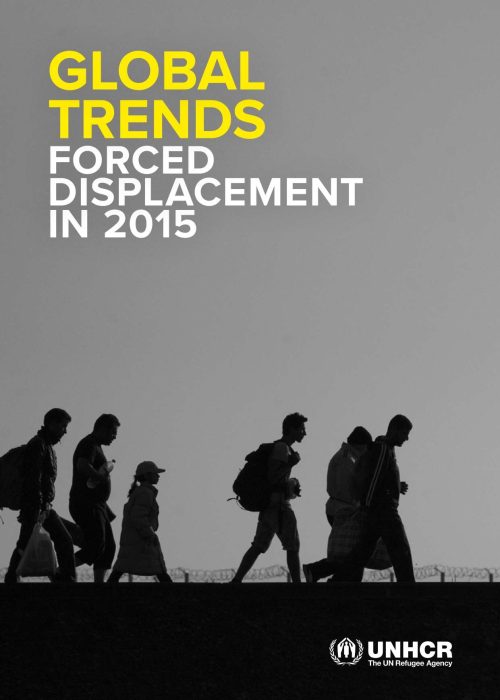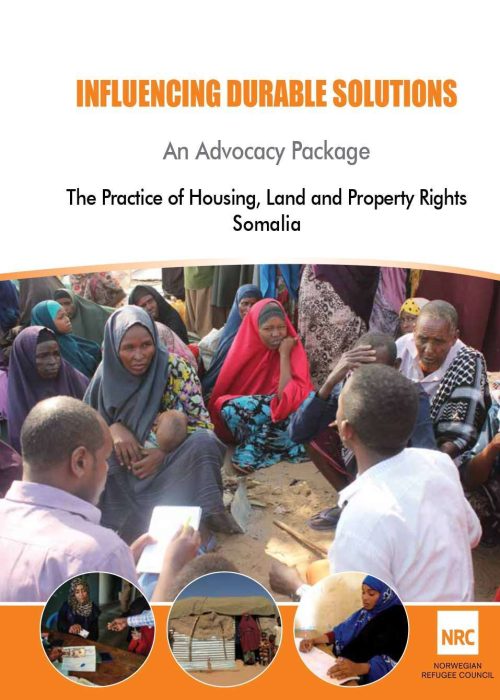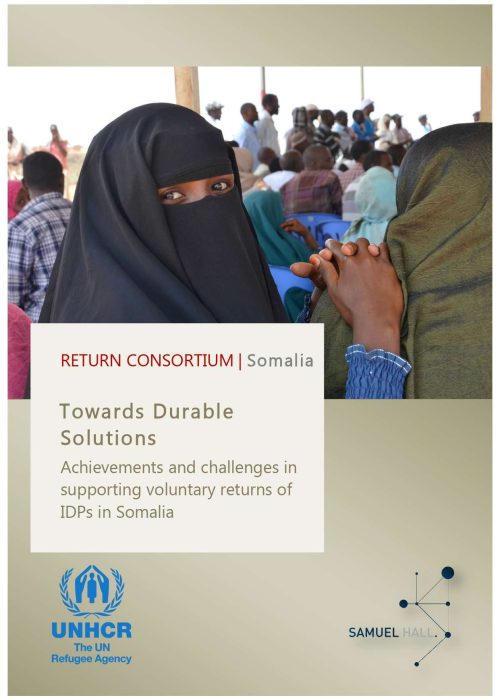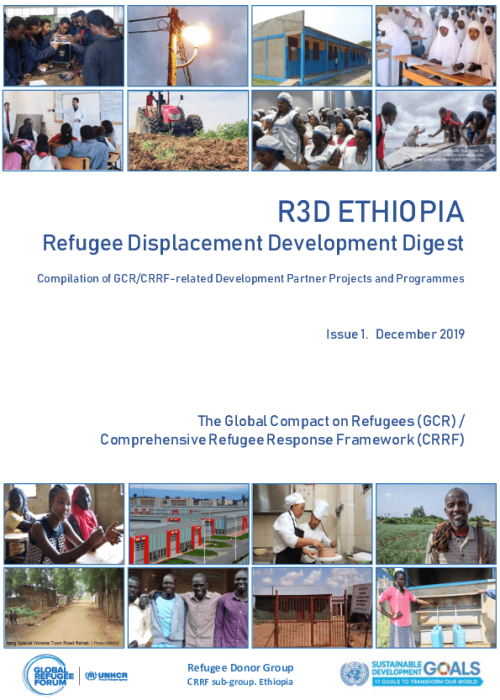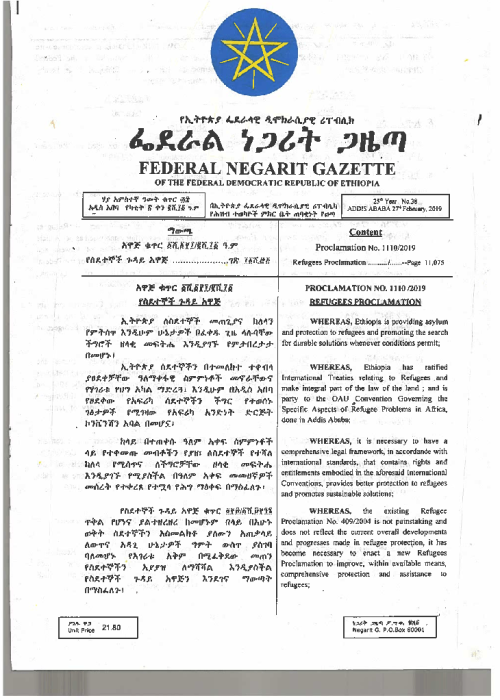The UNHCR Policy on Alternatives to Camps emphasizes the importance of pursuing alternatives to refugee camps whenever possible. While camps have been a traditional response to refugee situations, they often limit the rights and freedoms of refugees and can have negative long-term impacts. The policy aims to ensure that refugees are protected and assisted effectively, while also enabling them to achieve solutions. It recognizes that many refugees have settled peacefully outside of camps in both rural and urban areas, and that alternatives to camps should be diverse and tailored to the specific needs and circumstances of refugees and host communities.
The policy also highlights the need for engagement with host government authorities, partners, and stakeholders to successfully implement alternatives to camps. It further emphasizes the importance of self-reliance, sustainable livelihoods, and community-based protection in empowering refugees and promoting social cohesion. The policy builds upon the principles and objectives of the Urban Refugee Policy and calls for the adaptation of systems, procedures, and approaches to support alternatives to camps. Overall, the policy aims to transform camps into sustainable settlements or phase them out, while ensuring refugees’ rights and dignity are upheld.

